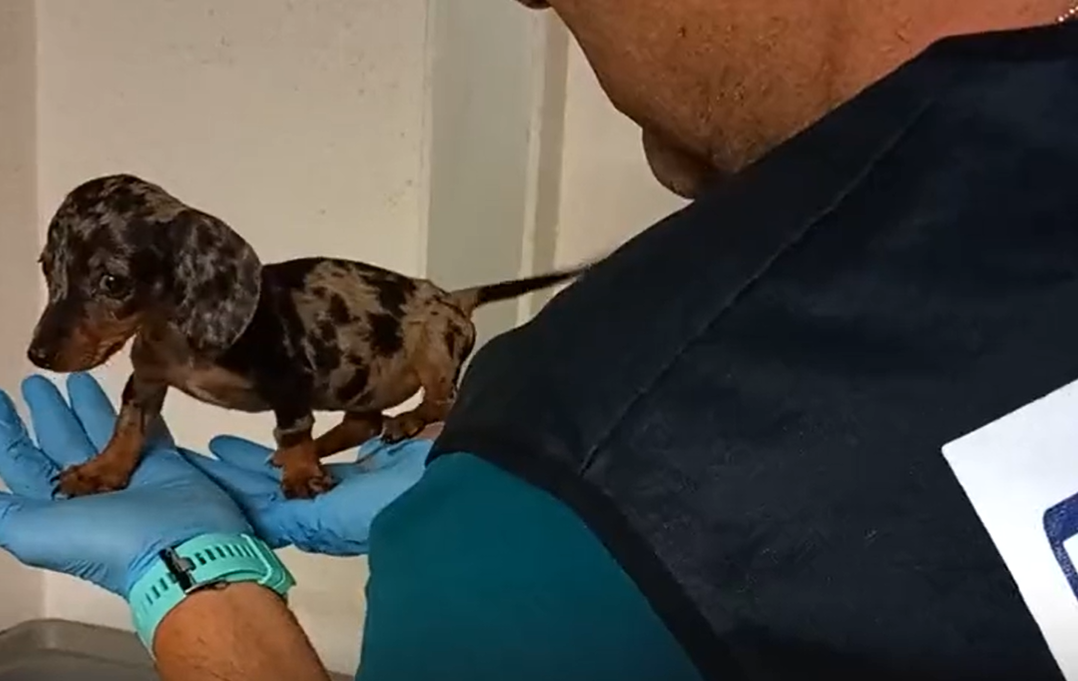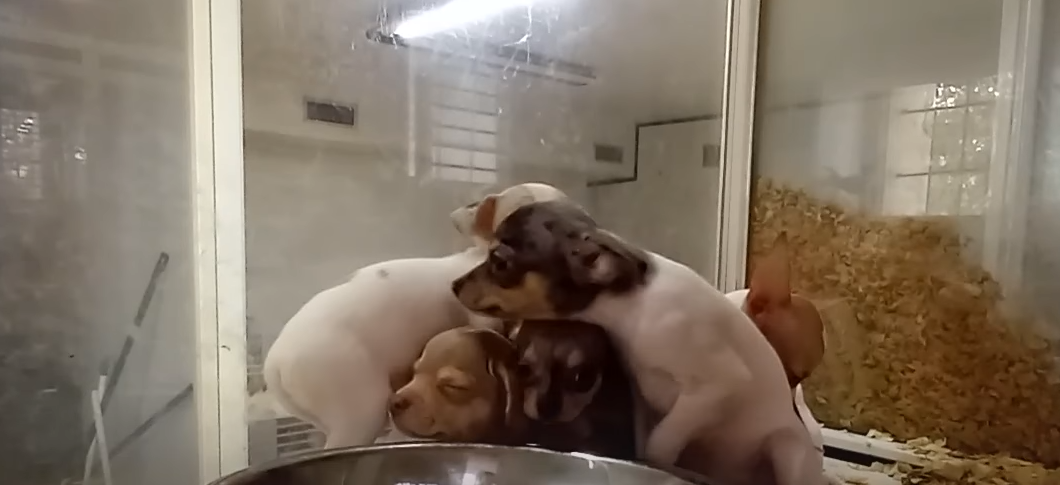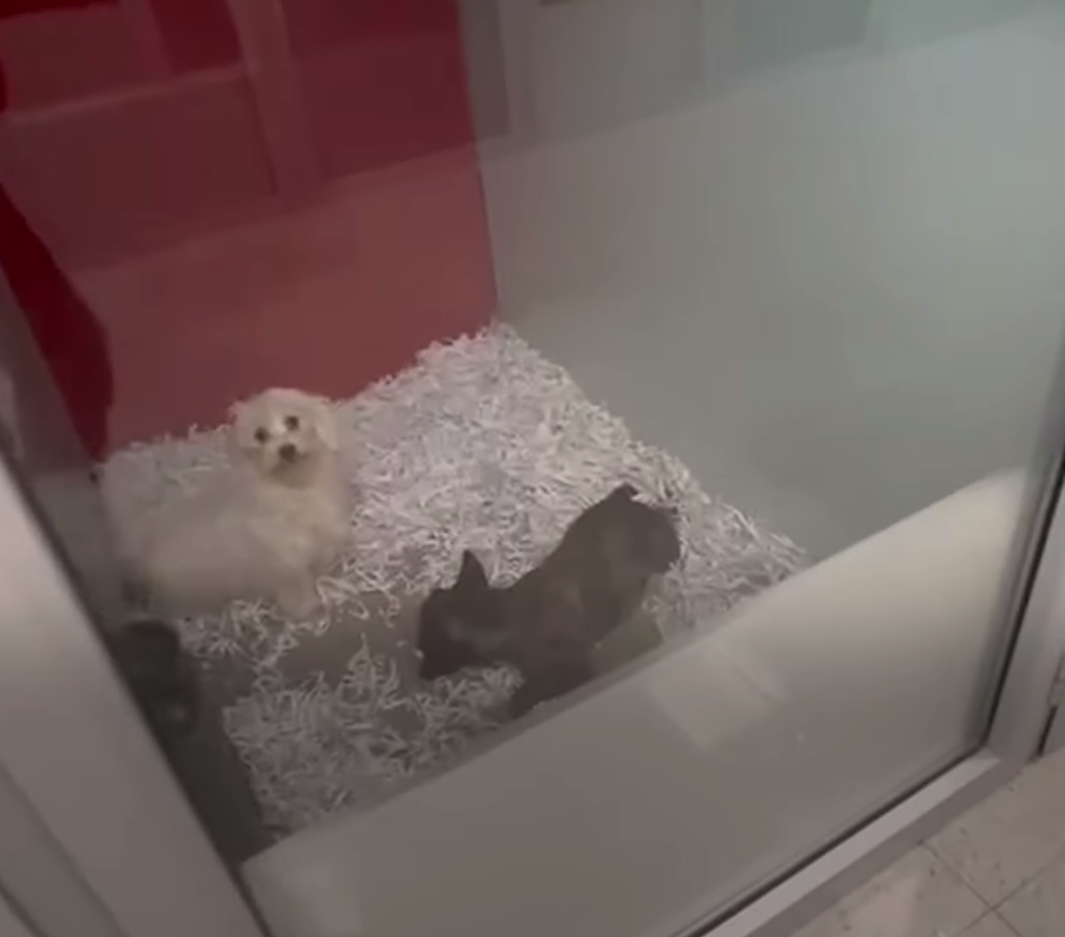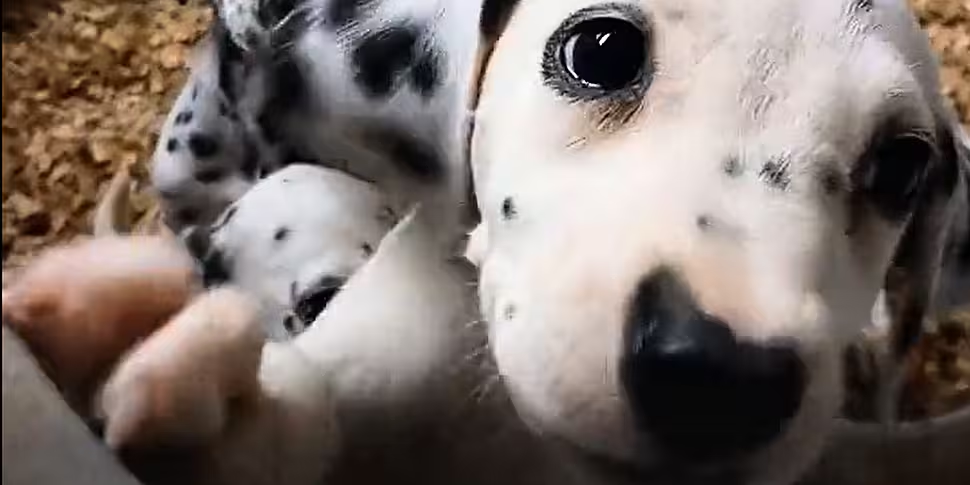Ireland is making it more and more difficult for people to smuggle animals across borders.
DSPCA Head of Media Gillian Bird was speaking after more than 400 smuggled animals were discovered in a raid in Spain last Wednesday.
It was part of a joint operation involving local City Police in Barcelona, as well as the National Police Force and the Civil Guard.
Some 13 people have been arrested as part of the investigation.
Police said they were able to uncover a network of illegal trade that connects Madrid, Barcelona, Andorra and countries in Eastern Europe.
👮👮♀️ En una operació conjunta amb @GUBbarcelona, @policia i @guardiacivil desarticulem una organització criminal que comerciava amb animals
🔗 Detenim 13 persones
🐶🐱 Rescatem més de 400 animals de companyia
📝 https://t.co/JBp9JFcY7L pic.twitter.com/9REQsH6xxL— Mossos (@mossos) October 18, 2023
Police said the transport of the animals was mostly done by road in vehicles with limited space and poor ventilation.
It said the animals were forced to endure long journeys of more than 2,000km - which would be the equivalent of more than 20 hours of travel.
"These poor conditions, both in the transport and in the handling of the puppies, favoured the development of infectious diseases in some of the animals and caused contagion among the rest," they said.
 One of the dogs found as part of the operation in Barcelona. Image: Mossos d'Esquadra
One of the dogs found as part of the operation in Barcelona. Image: Mossos d'EsquadraThe animals are now receiving veterinary care.
Earlier this year Spain passed an animal welfare law, establishing stricter rules for pet owners.
DSPCA Head of Media Gillian Bird told The Pat Kenny Show Ireland is in a better position than most when it comes to rules around exporting dogs.
"We do have in this country that you can actually legally register yourself as a dog breeding establishment and we do have quite a few of those in the country," she said.
 Some of the dogs found as part of the operation in Barcelona. Image: Mossos d'Esquadra
Some of the dogs found as part of the operation in Barcelona. Image: Mossos d'Esquadra"The one thing that does help us is that we have the pet passport scheme.
"[This] means that anybody who is exporting a dog, the dog must have a pet passport.
"The youngest really they can be for that is about 15 weeks, which means not many people are going to want a 15-week-old puppy if they are then exported into the UK or Europe.
"So, that is one of the great advantages we have, and it's actually the legal side that stops puppies being exported illegally.
"Of course, obviously, sometimes they do get smuggled but it is one of the great advantages.
"Also being an island helps hugely from that sense; in Europe obviously there's land barriers, but smugglang animals across Europe is much easier than it is to actually get them out of Ireland."
 Some of the dogs found as part of the operation in Barcelona. Image: Mossos d'Esquadra
Some of the dogs found as part of the operation in Barcelona. Image: Mossos d'EsquadraMs Bird said most seized animals are going out of Ireland, rather than coming in.
"There have not been any large seizures thank goodness in a couple of years, which is fantastic," she said.
"It doesn't mean that animals are not still successfully being smuggled out, but they are not being found.
"People will find amazing ways to do this, but we're just really hoping that it's more and more difficult for people to do this," she added.
Listen back here:









